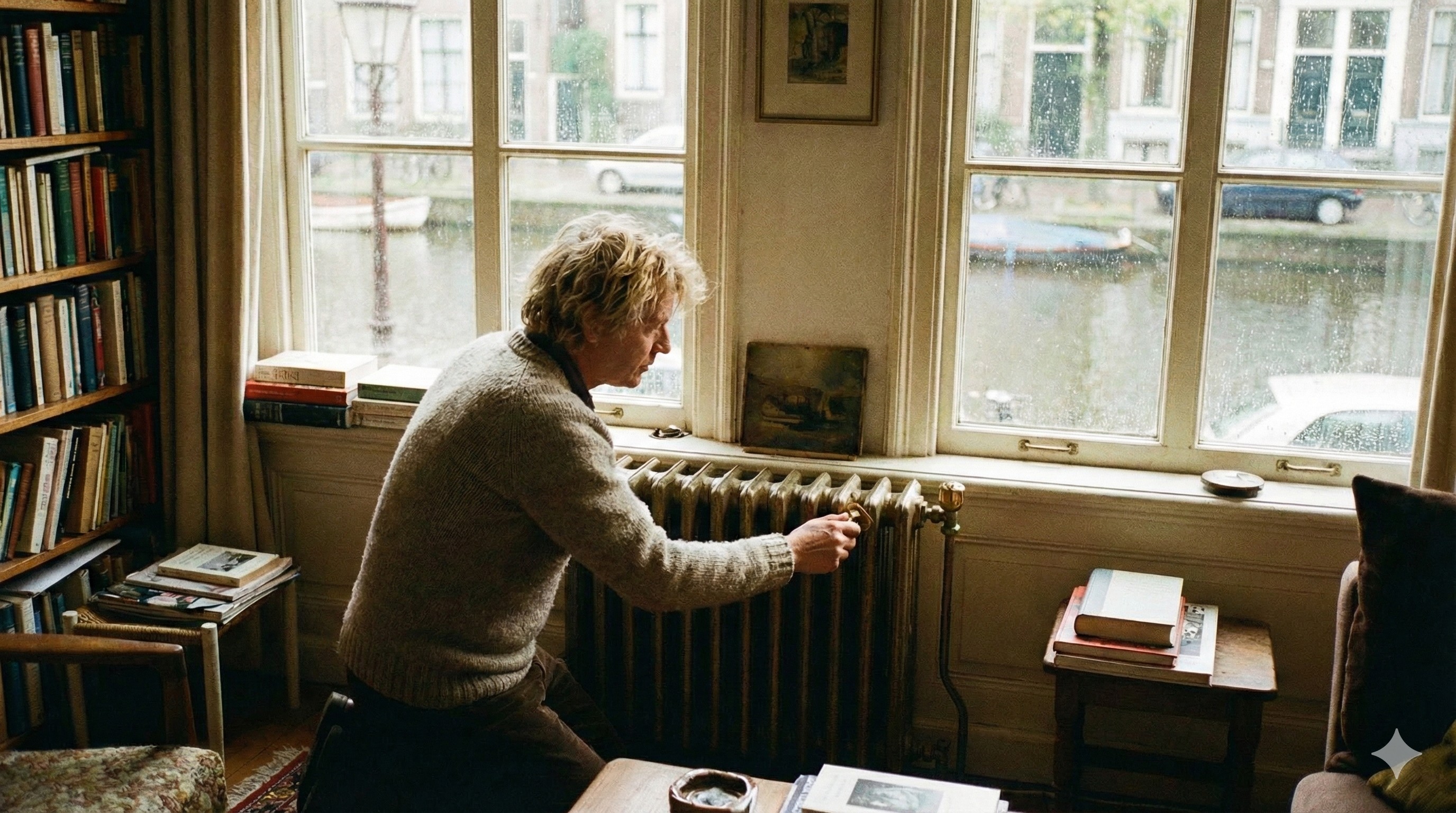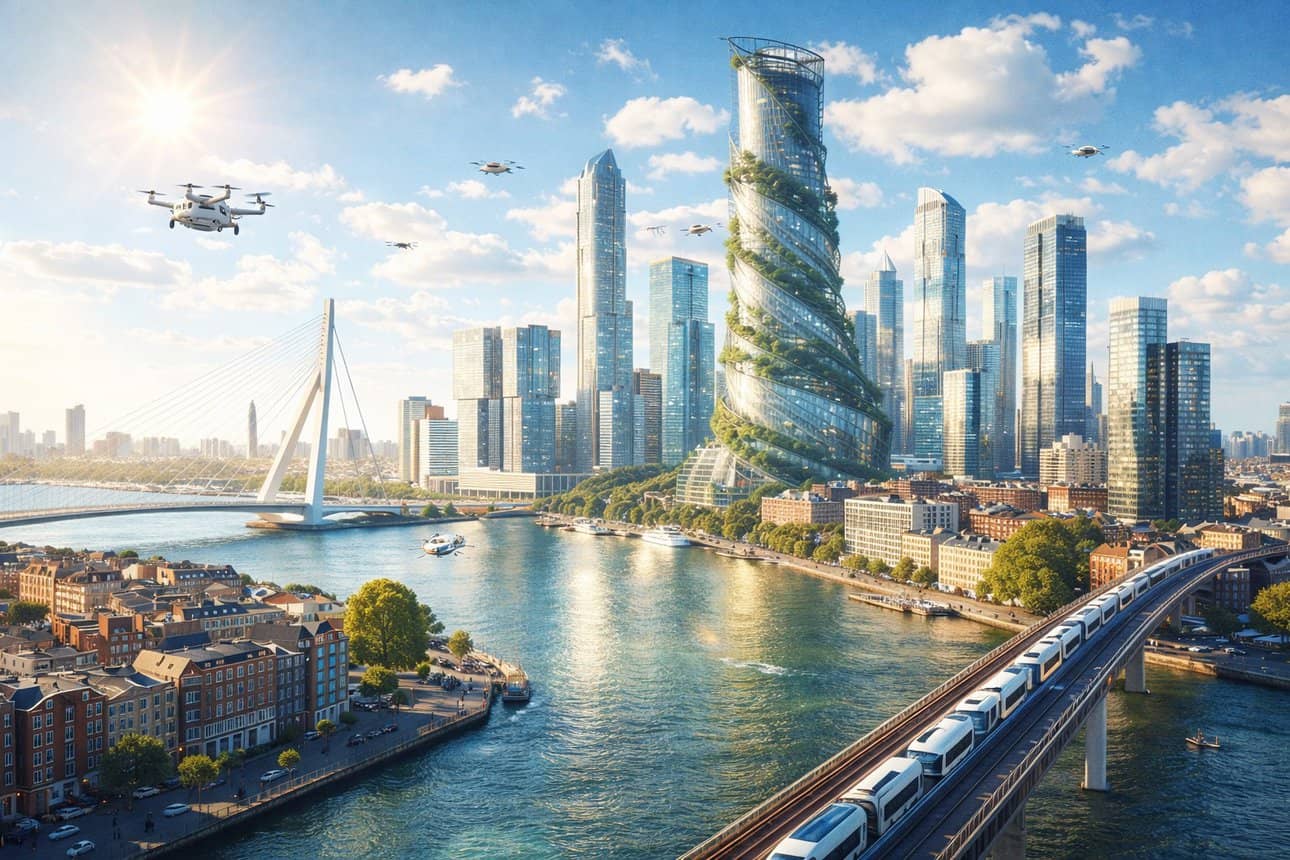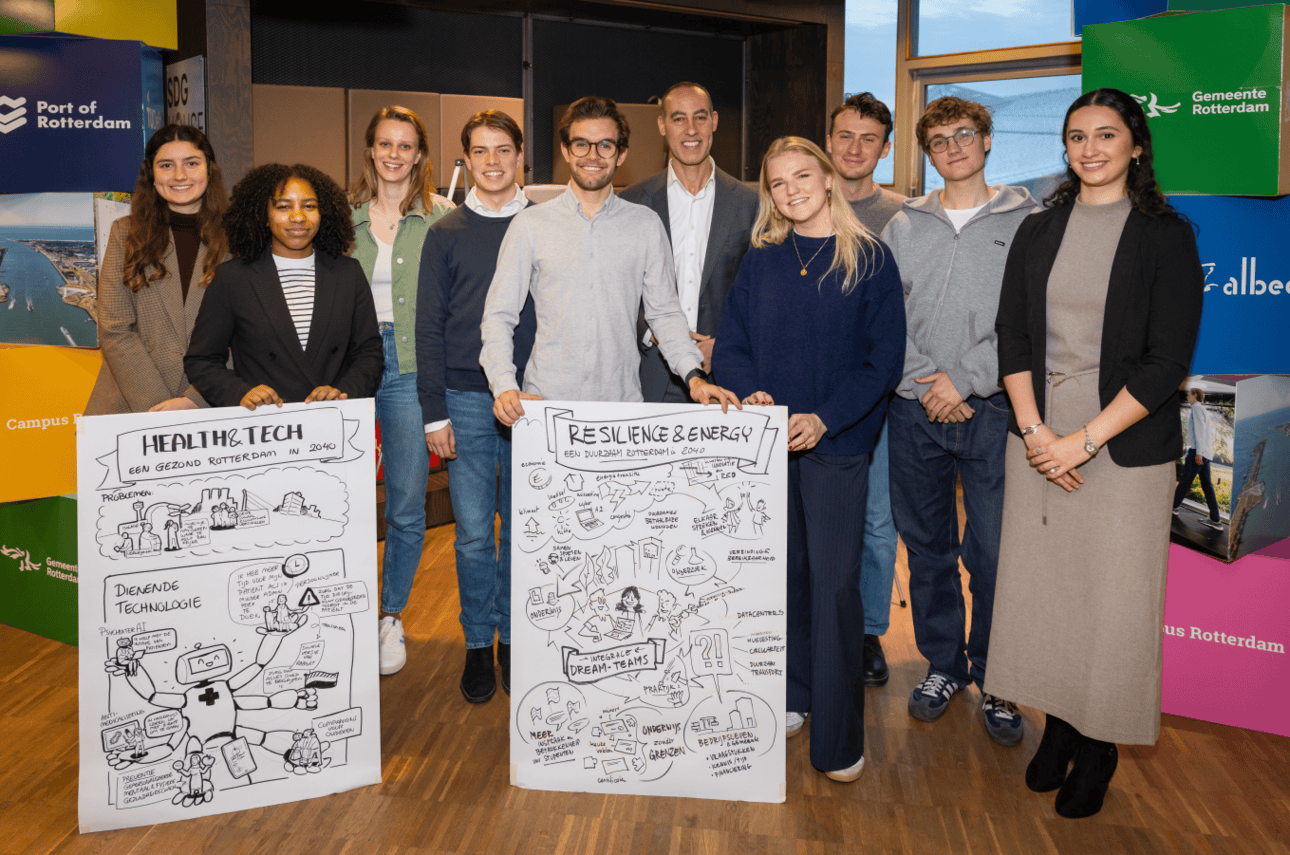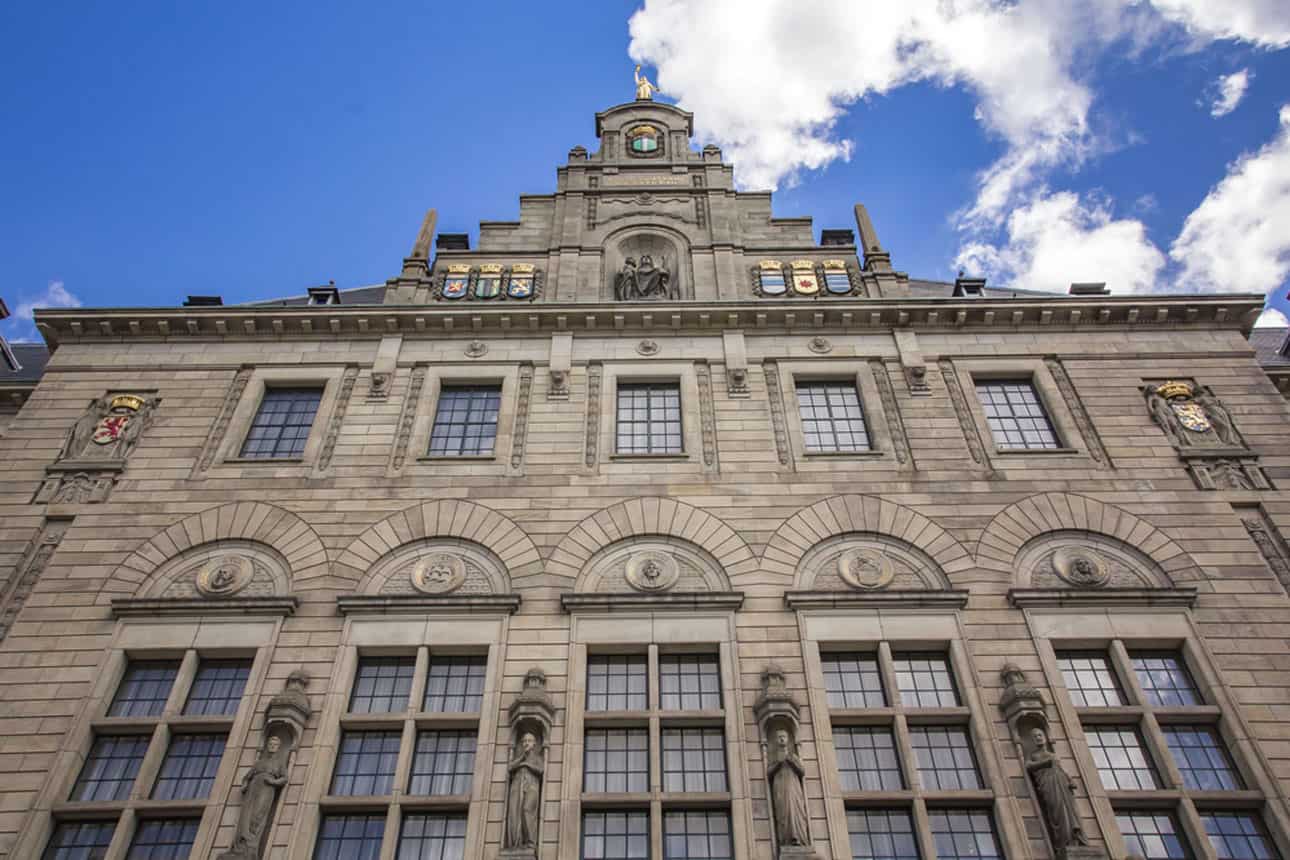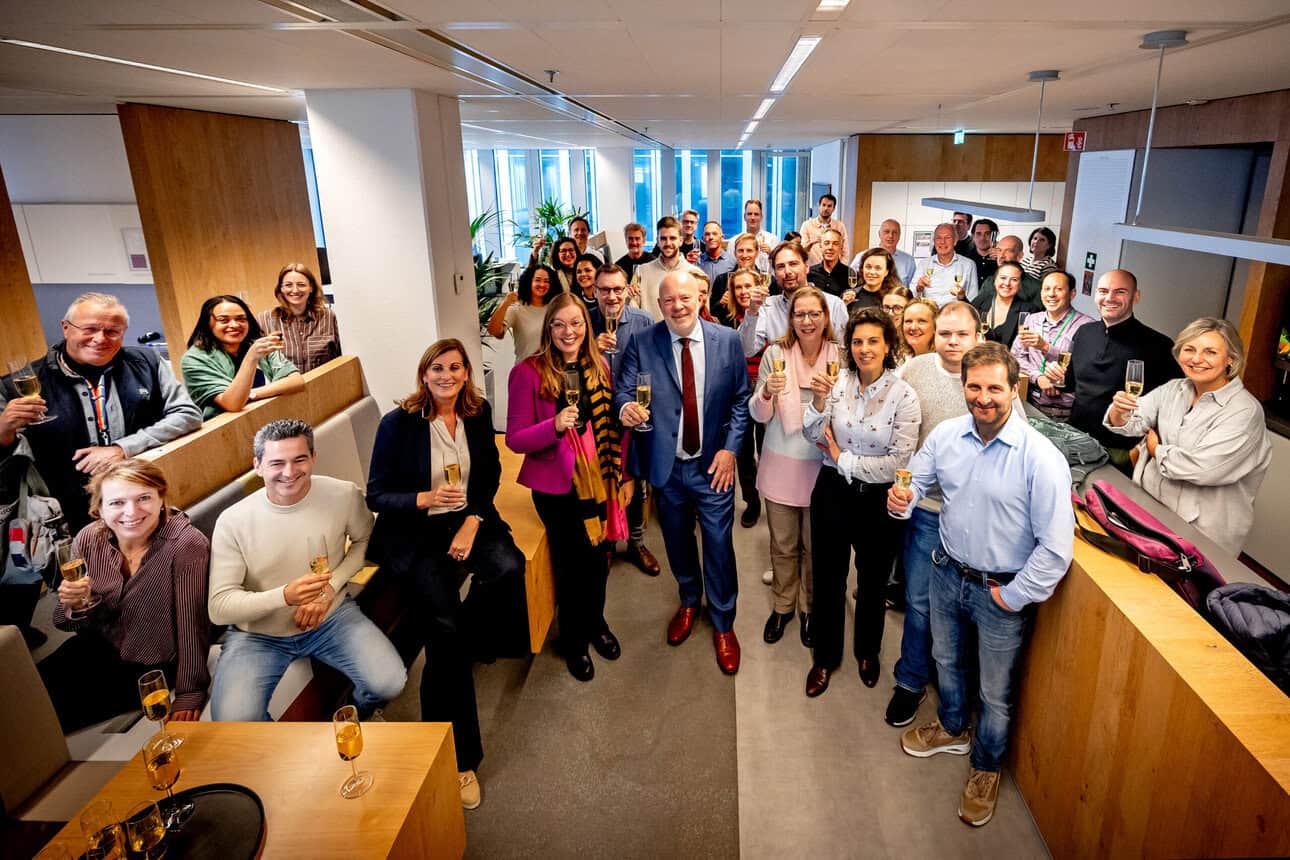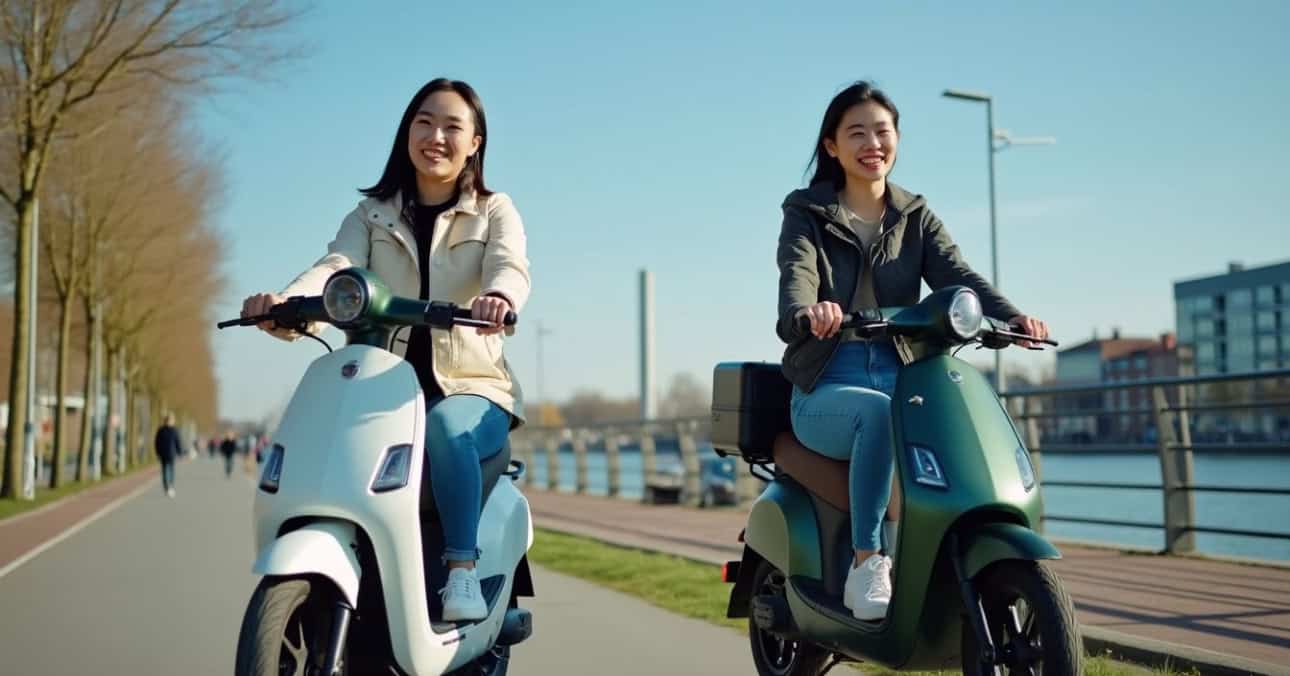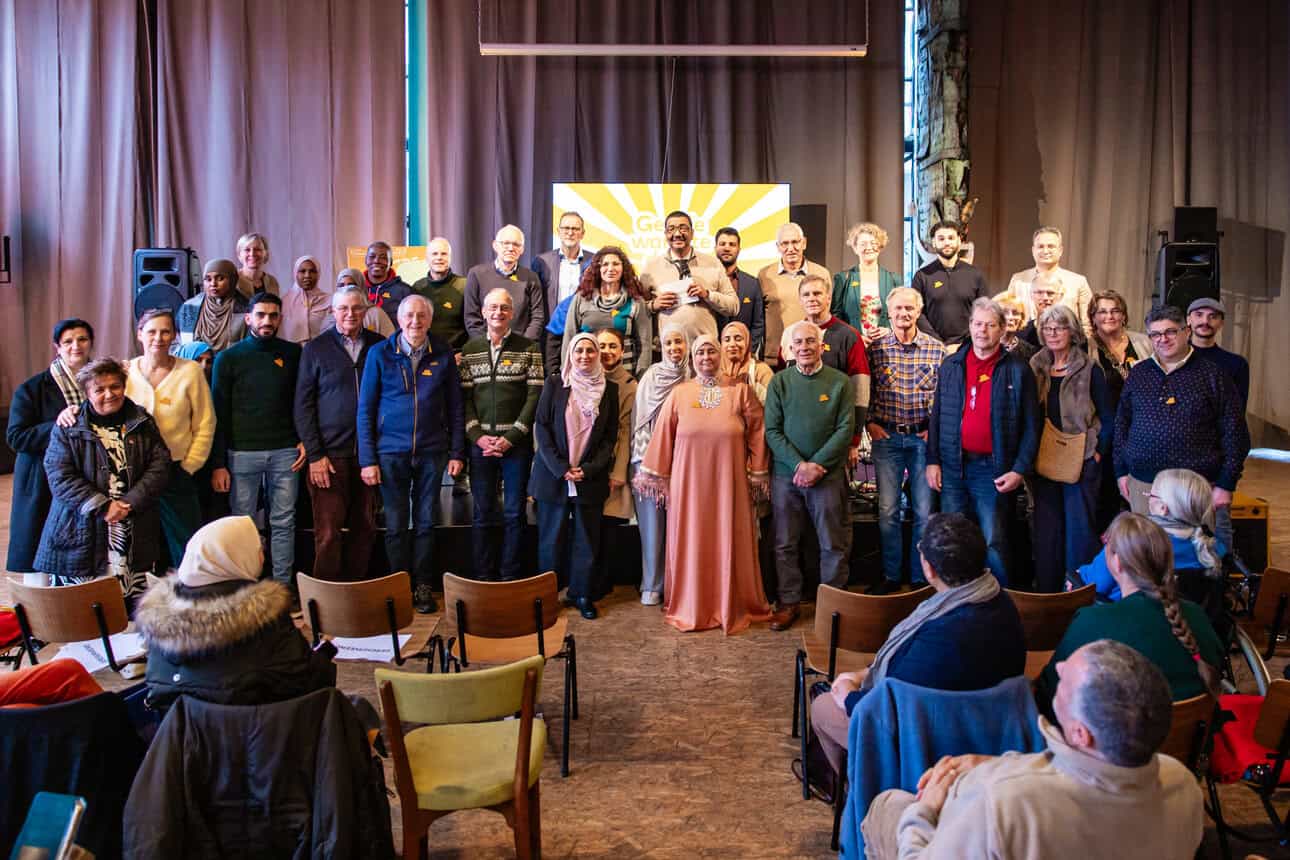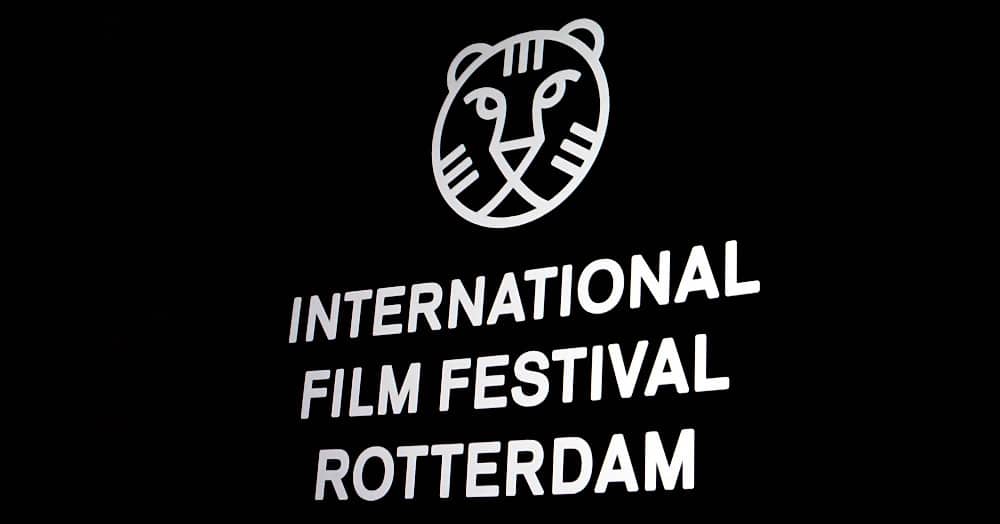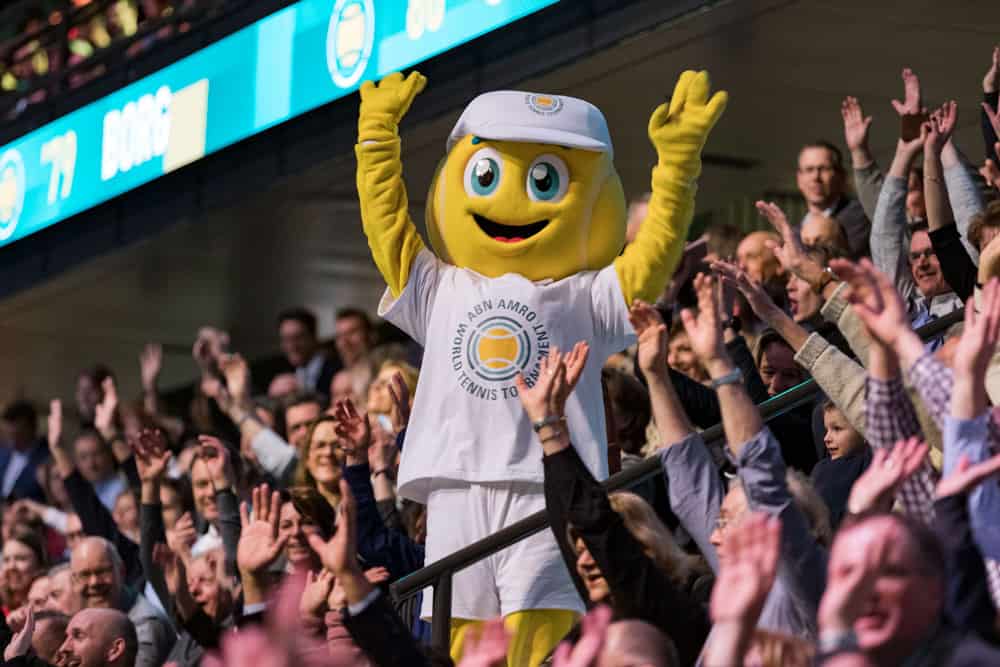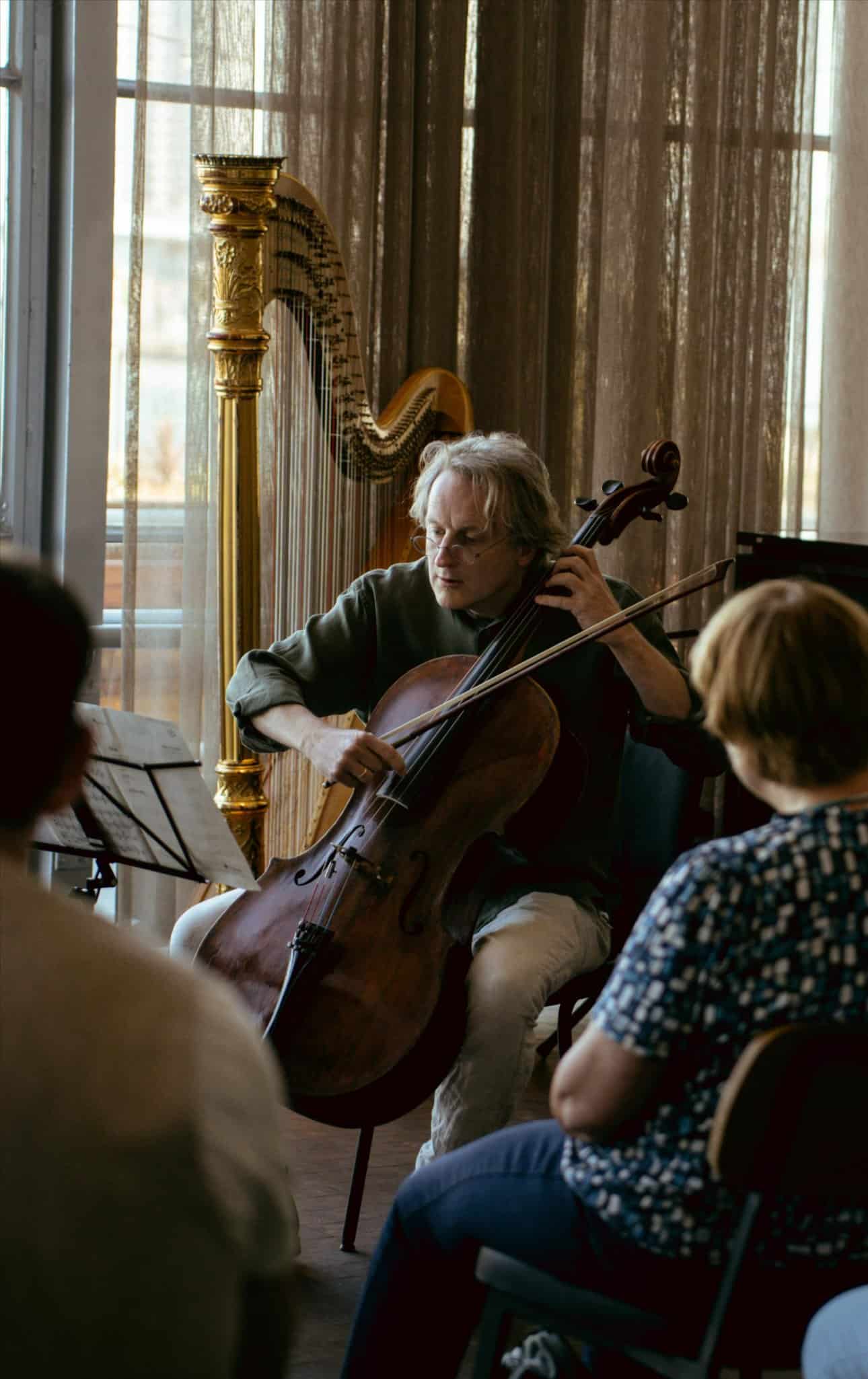ROTTERDAM, 16 July 2025 – Rotterdam has allocated €2.5 million in subsidies to support twelve companies working on hydrogen and circular economy innovations. The funding, drawn from the municipality’s Duurzaamheidstransitiebudget (sustainability transition budget), aims to support the city’s energy transition, promote technological development, and stimulate job creation.
Rotterdam supports sustainable innovations with €2.5 million
Twelve Rotterdam-based companies have been selected to receive municipal subsidies totalling €2.5 million. The selected proposals focus on hydrogen-related projects and innovations in the circular economy. Funding was made available via the city’s Duurzaamheidstransitiebudget (DTB), intended to facilitate sustainability transitions and strengthen the future resilience of the local economy.
Of the total amount, €2 million was reserved for hydrogen-focused innovations. An additional €480,000 was awarded to circular economy initiatives that promote reuse and bio-based materials.
Hydrogen projects strengthen city’s international role
Six of nine submitted hydrogen-related proposals have received funding, supporting Rotterdam’s ambition to remain a leading global hydrogen hub. These include:
- eFuels Rotterdam (Power2X) – a feasibility study for a plant to produce sustainable aviation fuel (e-SAF) from green methanol at Advario’s site.
- HYER Entropy – development of flexible hydrogen systems and smart software to accelerate port decarbonisation.
- LH² Bunkerbarge – design of an innovative bunkering vessel to supply liquid hydrogen to ships.
- LH2 Loading Arm – development of a safe and efficient loading arm for transferring liquid hydrogen.
- Mana Hydrogen Hotel Load – study into partially powering coastal vessels with hydrogen.
- Flexolyser (BatolyseR) – a feasibility study on a flexible electrolyser designed to perform under fluctuating electricity prices.
Circular economy projects focus on reuse and bio-based materials
Six circular economy proposals were also granted subsidies from among 27 applications. These projects target sustainable material reuse and innovation in biodegradable materials. Funded initiatives include:
- Foamlab – research into the fire-resistance and moisture resistance of insulation foam made from bacterial nanocellulose.
- Blue Circle Olefins – a feasibility study for a plant converting green methanol into components for sustainable plastics.
- Re:first – development of a pilot line to recycle glass fibre composites from sources such as wind turbine blades into infrastructure materials.
- Byewaste – pilot of logistical and digital tools to scale up book reuse.
- Symbiomatter – study of a compostable foam alternative to fossil-based foam products.
- Green Hub Zuid Holland – development of a processing hub for regional biobased waste streams such as roadside grass clippings.
Municipal leadership on sustainable development
Alderman Robert Simons, responsible for the port and economy portfolio, stated:
“These subsidies help Rotterdam-based entrepreneurs realise their sustainable innovations more rapidly. We are not only stimulating new technologies but also generating additional employment and business activity in the city. This is an investment in the future – a robust, sustainable economy where employment and innovation go hand in hand.”



